
Healthy living
Use our expert advice and recommendations to live your best life every day.
Get started
We all know to brush teeth twice a day and avoid excessive sugary foods and drinks, but myths and misconceptions still hinder the path to a healthy smile.
In the UK, 80% of adults have fillings and almost 20% have been told by a dentist they have gum disease, according to the Office for National Statistics.
A growing body of research links gum disease with a host of health problems spanning from arthritis to kidney disease. Yet, tooth decay and gum disease are entirely preventable by taking good care of your teeth.
We asked expert dentists and hygienists from across the country to explain five things people don’t realise about keeping their teeth healthy.

Use our expert advice and recommendations to live your best life every day.
Get startedEat well, live better, stay healthy – sign up for our free monthly Food & Health newsletter for all the latest insights delivered straight to your inbox
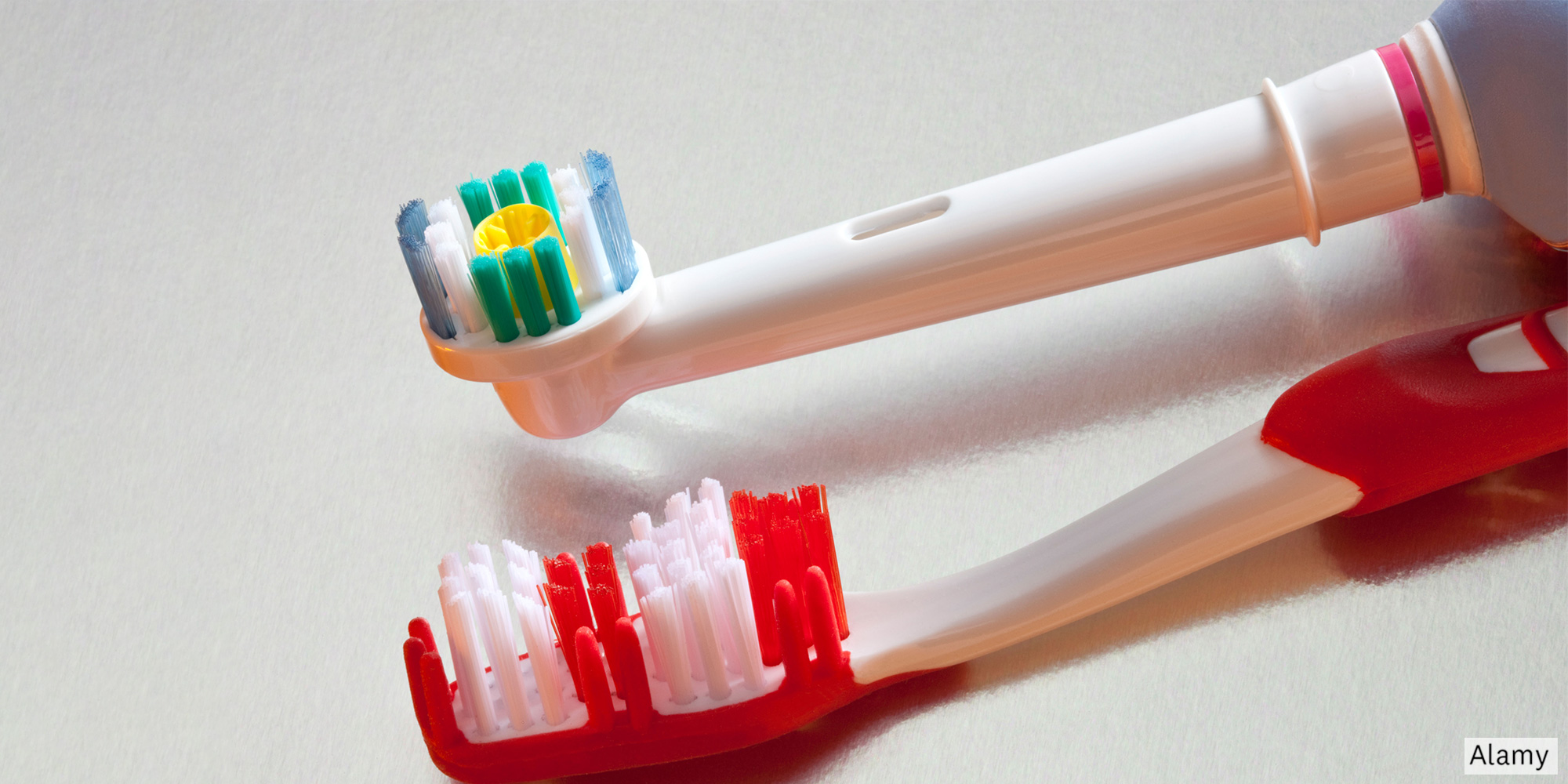
You don’t absolutely need an electric toothbrush to keep your teeth healthy, but they are proven to be more effective than manual toothbrushes.
Dr Ben Atkins, dentist at Revive Dental Care and trustee of the Oral Health Foundation, says: 'If you brush your teeth correctly with a manual toothbrush, then that’s no problem, but it’s like making a cake with a fork – you can do it, but it’s much harder.'
If you want to stick to a manual toothbrush, opt for a toothbrush with a head that’s not too large and has bristles all the same height. You'll also need to ensure you're using the correct technique for two minutes each day, both during the day and at night.
Anna Middleton, award-winning dental hygienist and therapist at London Hygienist, explains: ‘With a manual brush, people tend to brush five or six teeth at a time and scrub, whereas you should actually brush one or two at a time and gently make your way along the gum line.'
You'll still need to watch your technique with an electric toothbrush, but you can let the brush do the work for you. Avoid electric toothbrushes with a battery, as the power wanes over time and the brush becomes less effective.
Anna adds: ‘With an electric toothbrush, keep the brush head half on the teeth and half on the gum, with the bristles angled slightly into the gum, let the brush glide and do all the work. No scrubbing, no pressing.'
Crucially, do not rinse your mouth with water after brushing, as you’ll lose the fluoride from your toothpaste in the process.
Read our verdict on the best electric toothbrushes – including Great Value picks under £20
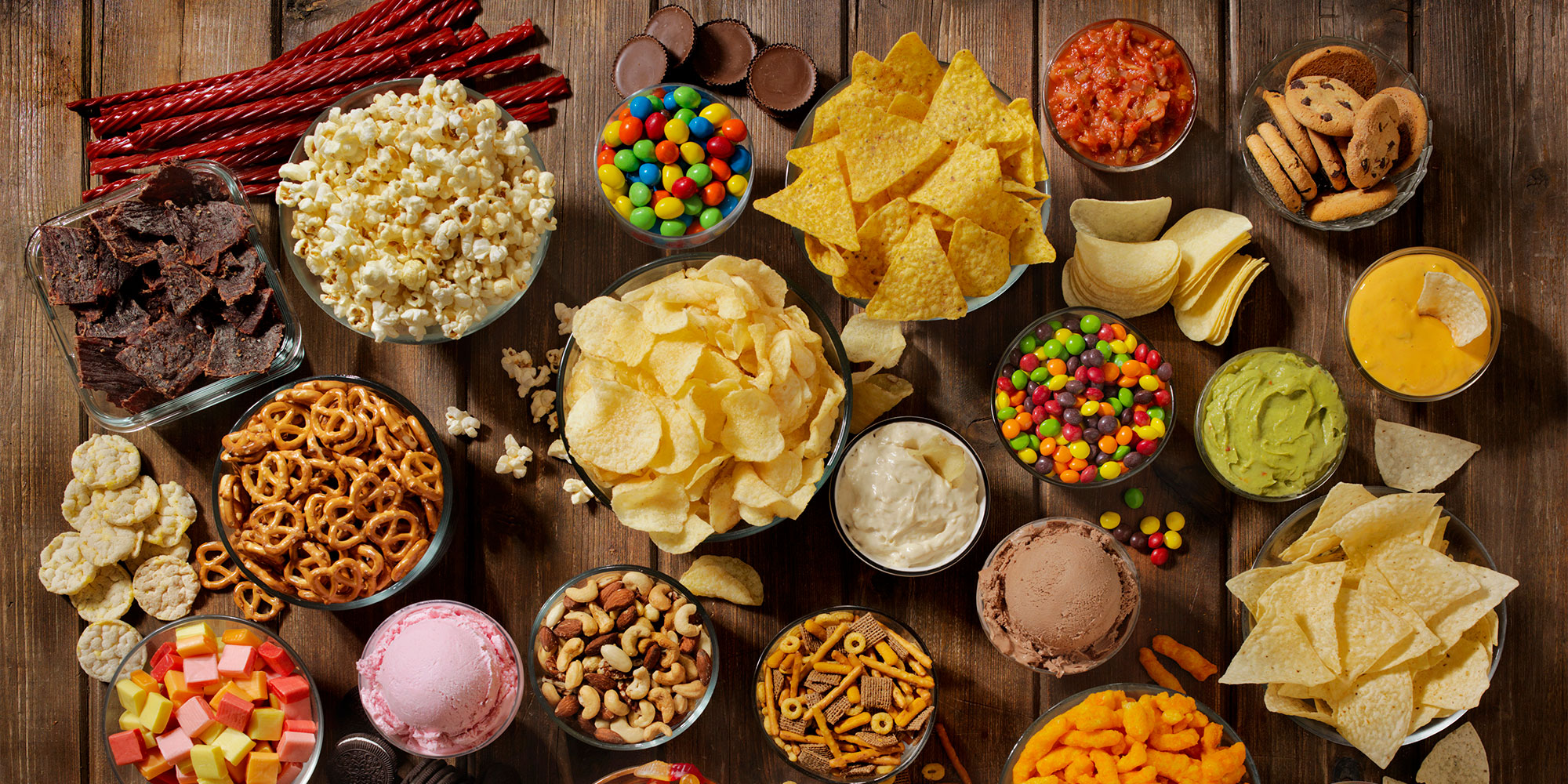
‘There were two children in my house growing up – me and my brother. I was the one whose sweets lasted all day, while he would eat them all at once and start looking at mine,’ Dr Atkins told us. ‘He’s got no fillings and I’ve got a mouthful of metal.'
While sugary foods like sweets are bad for your oral health across the board, snacking consistently throughout the day means your mouth never gets a chance to be cleansed of the bacteria that leads to plaque.
As Dr Atkins explains: ‘There’s enough sugar in your mouth for the bacteria to be eating all day.‘ Meaning if sugar is present often or for long periods, the bacteria can keep producing acid all day, which increases the risk of tooth decay.
'If you keep it to lunchtimes, it makes a massive difference – it gives your saliva a chance to remineralise the enamel on your teeth, and having sugar-free chewing gum can develop even more saliva and help.’
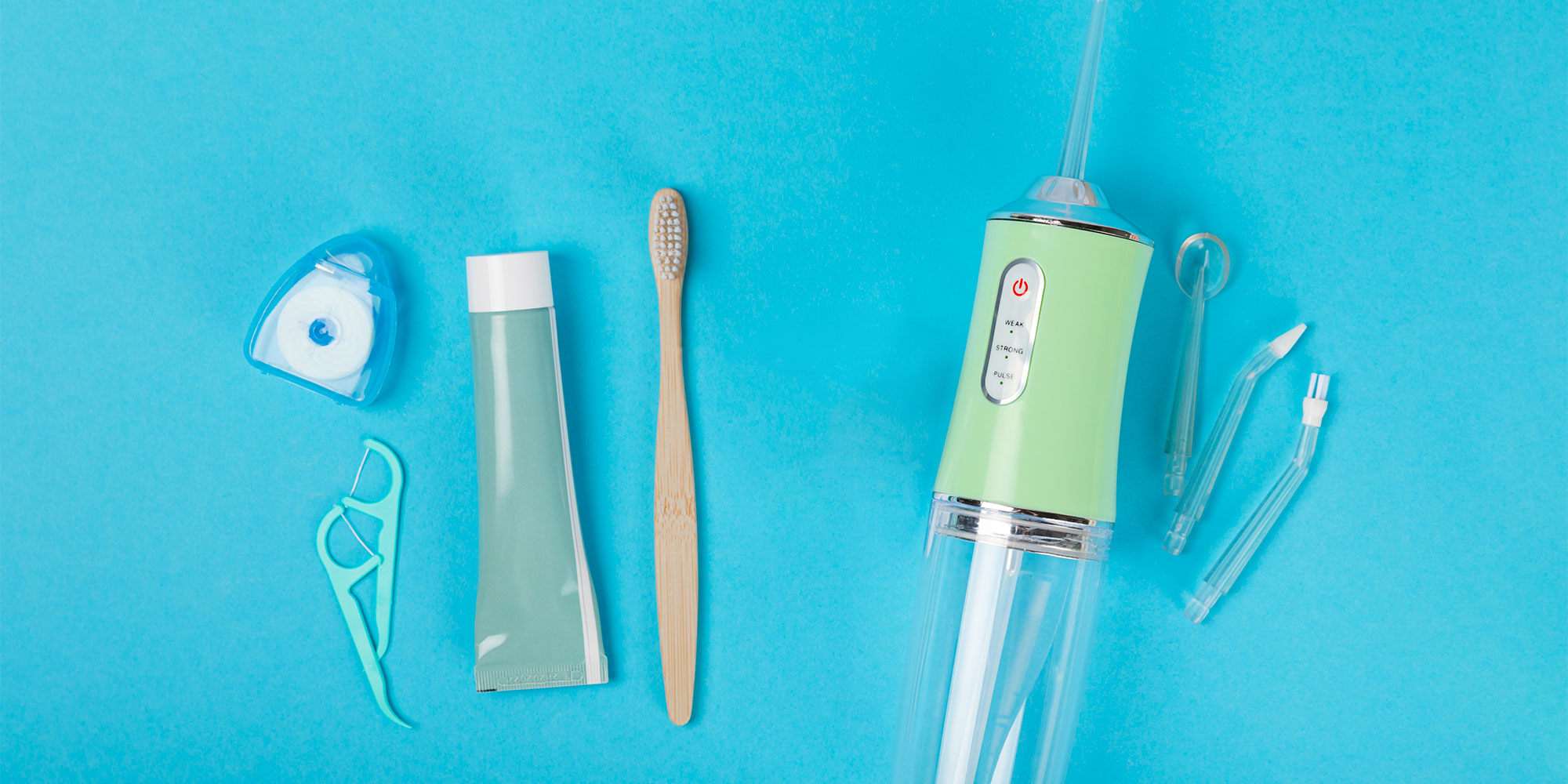
Along with brushing your teeth, cleaning between your teeth is an essential part of a good oral health routine.
Sakina Syed, award-winning dental hygienist and therapist at Smile Hygienist, says: ‘Toothbrushing alone leaves plaque biofilm containing bacteria and food particles. It is important to remove the biofilm to reduce the incidence of dental decay and gum disease, as well as to help manage other systemic health conditions.’
There's a wealth of options for cleaning between your teeth, to the point that it can feel overwhelming.
To find the best option for you, Sakina explains: ‘The first choice of interdental aids should be interdental brushes because they tend to be designed in accordance with the space in between the teeth.
‘But, everyone's mouth is unique, so the cleaning of these spaces and the products we use have to be tailored to each person – one size does not fit all.’
(Also note, you might need more than one size.)
Flossing is effective at removing plaque between your teeth, but it requires proper technique and time to do it correctly.
If you struggle to move your hands easily, a water flosser is much easier to manage and does a good job.
Best water flossers – our independent tests reveal the best gadgets to get between your teeth
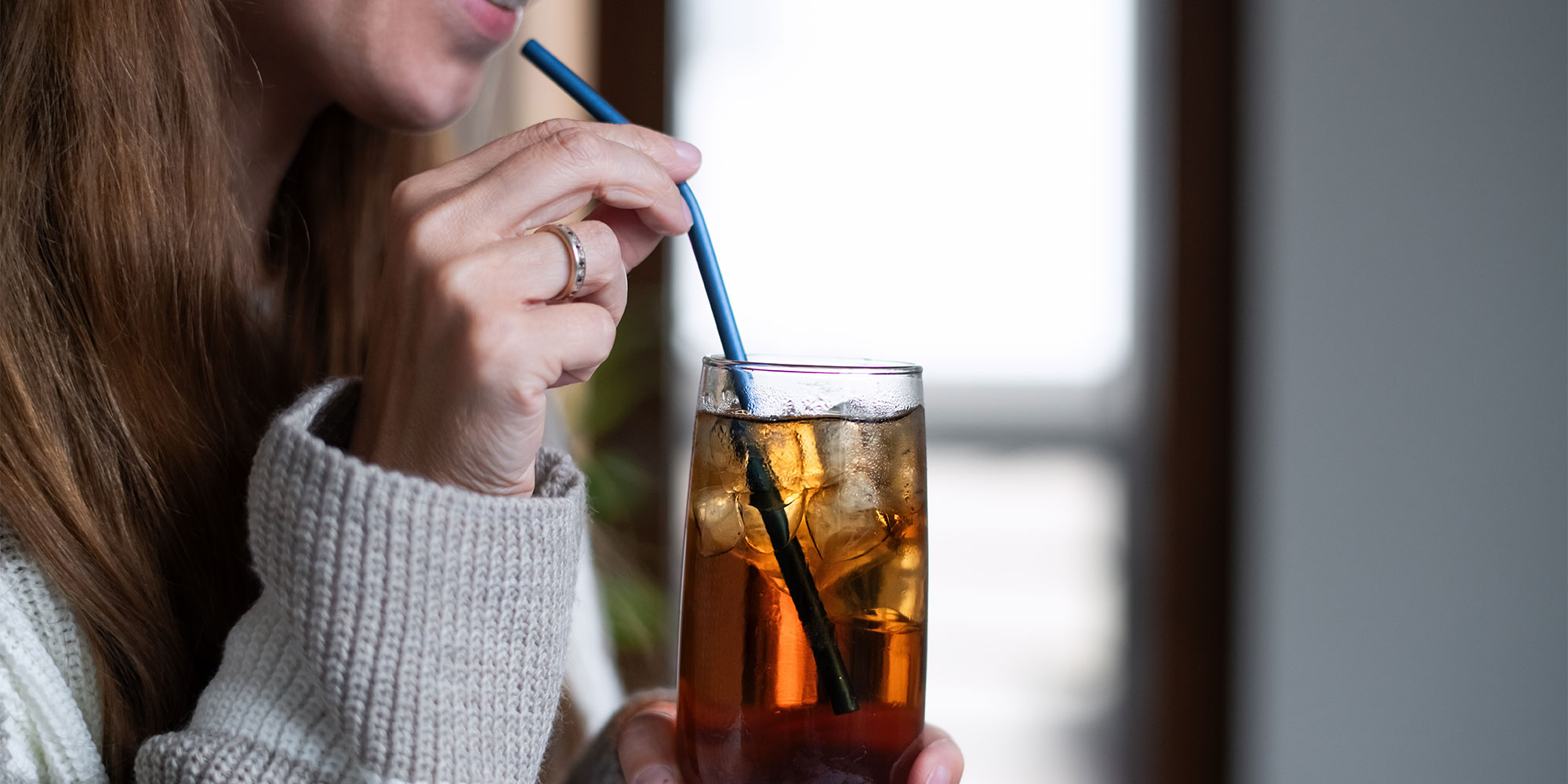
Opting for a sugar-free or diet version of a drink isn’t a get-out-of-jail-free card when it comes to protecting your teeth, as they're still highly acidic, which breaks down the enamel in your teeth.
Dr Philip Friel, clinic director and dentist at Scottish Dental Care Advanced Dentistry, says: 'Fizzy and acidic drinks are one of the biggest causes of tooth wear.
'Flavoured sparkling water often contains citric acid, and even plain sparkling water, including naturally carbonated waters, can be corrosive to enamel over time.'
Also, in the fridge and cupboard are everyday items, such as fruit juices and even fruit teas – like lemon green tea – that might seem healthy on the surface, but the sugar and acidity can be very harmful to your teeth.
Try to keep the amount of sugary and acidic drinks you have to a minimum, and limit them to mealtimes.
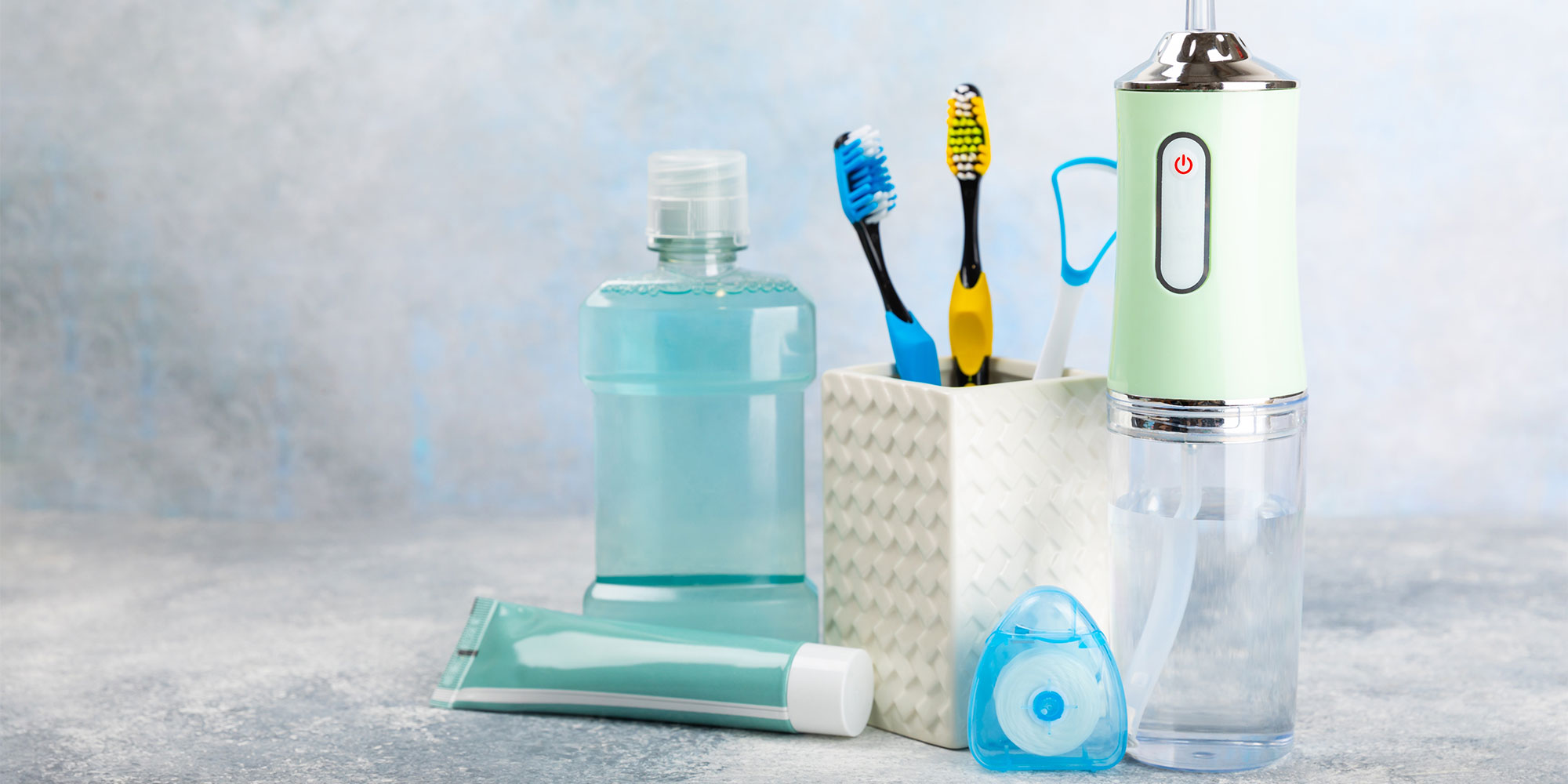
The usefulness of mouthwash in your oral health routine is often debated, and it can be tricky to get to the bottom of what it’s for.
Anna Middleton says: ‘Brushing and cleaning in-between the teeth are non-negotiables, while mouthwash is like using a perfume after a shower.’
With this in mind, you might make best use of mouthwash after a meal or drinking a coffee, when you wouldn’t normally brush.
When choosing a mouthwash, Anna recommends mouthwashes with essential oils and says: ‘Opt for alcohol-free mouthwashes as alcohol tends to have a drying effect on the mouth, which can harbour bacteria and can actually increase your risk of tooth decay.’